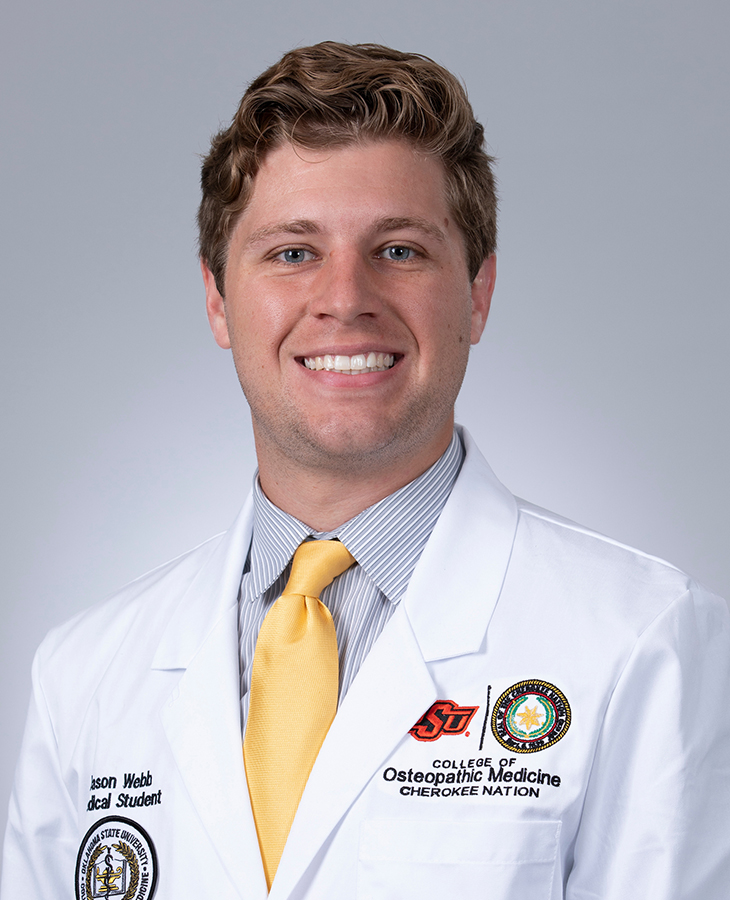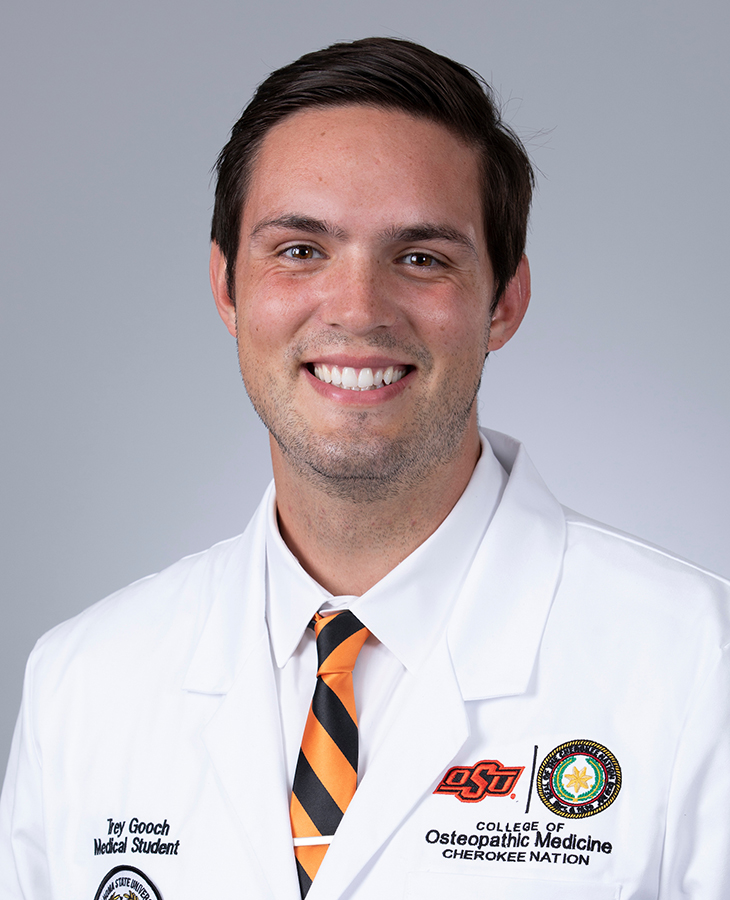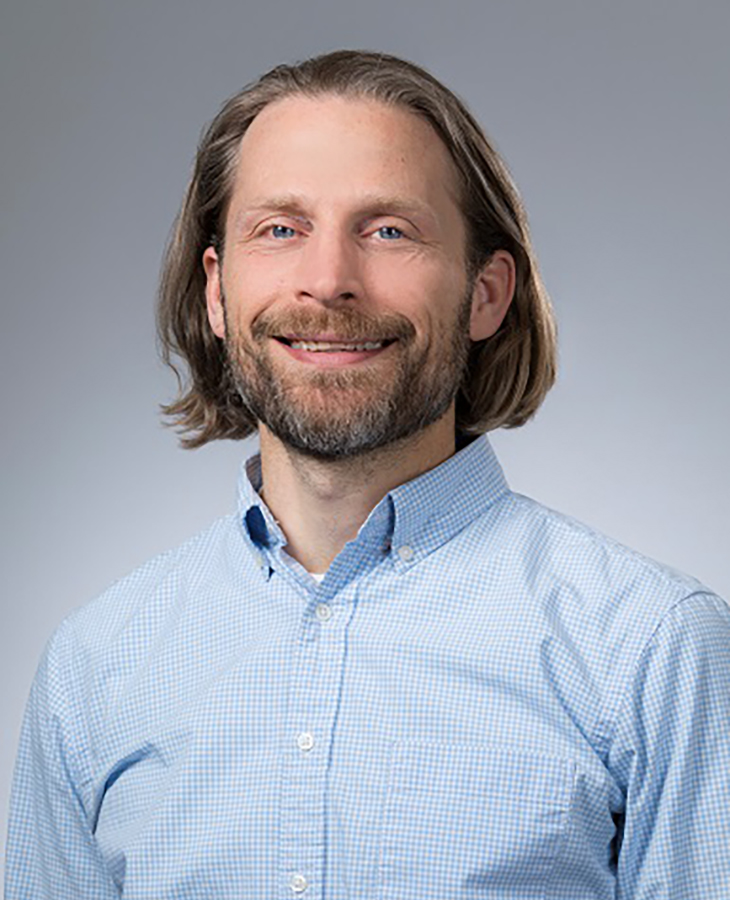
Team from OSU-CHS, HPNRI publishes findings on language used in obesity research
Monday, April 29, 2024
Media Contact: Sara Plummer | Communications Coordinator | 918-561-1282 | sara.plummer@okstate.edu
A team of medical students, residents and faculty from the Oklahoma State University College of Osteopathic Medicine, OSU Medicine, and the Human Performance and Nutrition Research Institute have found that most sports medicine journals were not adhering to language guidelines specific to obesity.
In 2018, the American Medical Association adopted person-centered language (PCL) guidelines, including obesity-specific language, that all researchers should follow.
The research team examined obesity-related articles published in the top 10 sports medicine journals between 2019 and 2022. Of the 198 articles sampled, almost 59% didn’t adhere to PCL guidelines. The most common non-PCL terms used were obese, overweight, heavy, fat and morbid.
“Multiple published studies have shown that using stigmatizing language has a negative impact on patient outcomes and decreases trust in medical providers,” said Jason Webb, a third-year medical student at OSU-COM at the Cherokee Nation and the study’s lead author.
The team’s findings were published in February 2024 in the Journal of Osteopathic Medicine. In addition to Webb, the study’s other co-authors were OSU-COM at the Cherokee Nation third-year students Kaylee Mach and Trey Gooch; OSU-COM fourth-year student Arjun Reddy; OSU Medicine orthopedic surgery residents Dr. Michael Anderson, Dr. Jeremy Scott and Dr. Jake Checketts; HPNRI Rick and Gail Muncrief Executive Director Lance Walker; and Clinical Assistant Professor of Psychiatry and Behavioral Sciences Micah Hartwell, Ph.D.
Hartwell, who also works with the Office of Medical Student Research, said the language and terminology used in published research papers can have repercussions beyond the scientific research community.
“The use of stigmatizing language in medical research flows right into medical textbooks, media reports and sometimes into faculty lectures,” Hartwell said, noting that can lead to outdated terminology being used by the general public and health care providers. “If a provider uses that language, it may impair the patient-provider relationship and reduce the chances for optimal health outcomes. The patient may likely either feel ashamed, find another provider, or discontinue seeking medical care altogether.”
Gooch said he was surprised by the number of sports medicine journals that didn’t adhere to the PCL guidelines.
“I expected there to be a good number of them not using it, but there were more than I could have imagined,” Gooch said. “Language matters because words can have a massive impact on people and their mental health. Rather than just seeing a patient as someone with obesity, using non-PCL terms can make it more difficult to separate someone from their disease. People are more than their disease, and people with obesity are more than just their weight.”
Walker, with HPNRI, echoed those sentiments.
“We recognize the power of language in shaping perceptions and experiences, and it is imperative that we prioritize the use of respectful language in all our health endeavors,” he said. “This data underscores the critical need for heightened awareness and adherence to PCL guidelines across academic and professional domains, ensuring that every individual is recognized and valued with dignity and respect."
Webb and his fellow co-authors hope that uncovering the prevalent use of non-PCL terminology in published research can change how language is used in studies.
“We hope that fellow medical researchers are made aware of PCL and develop ways to utilize it in their future research,” he said. “I hope the publication of our research can raise awareness for how people speak about others and the impact that words can have.”



